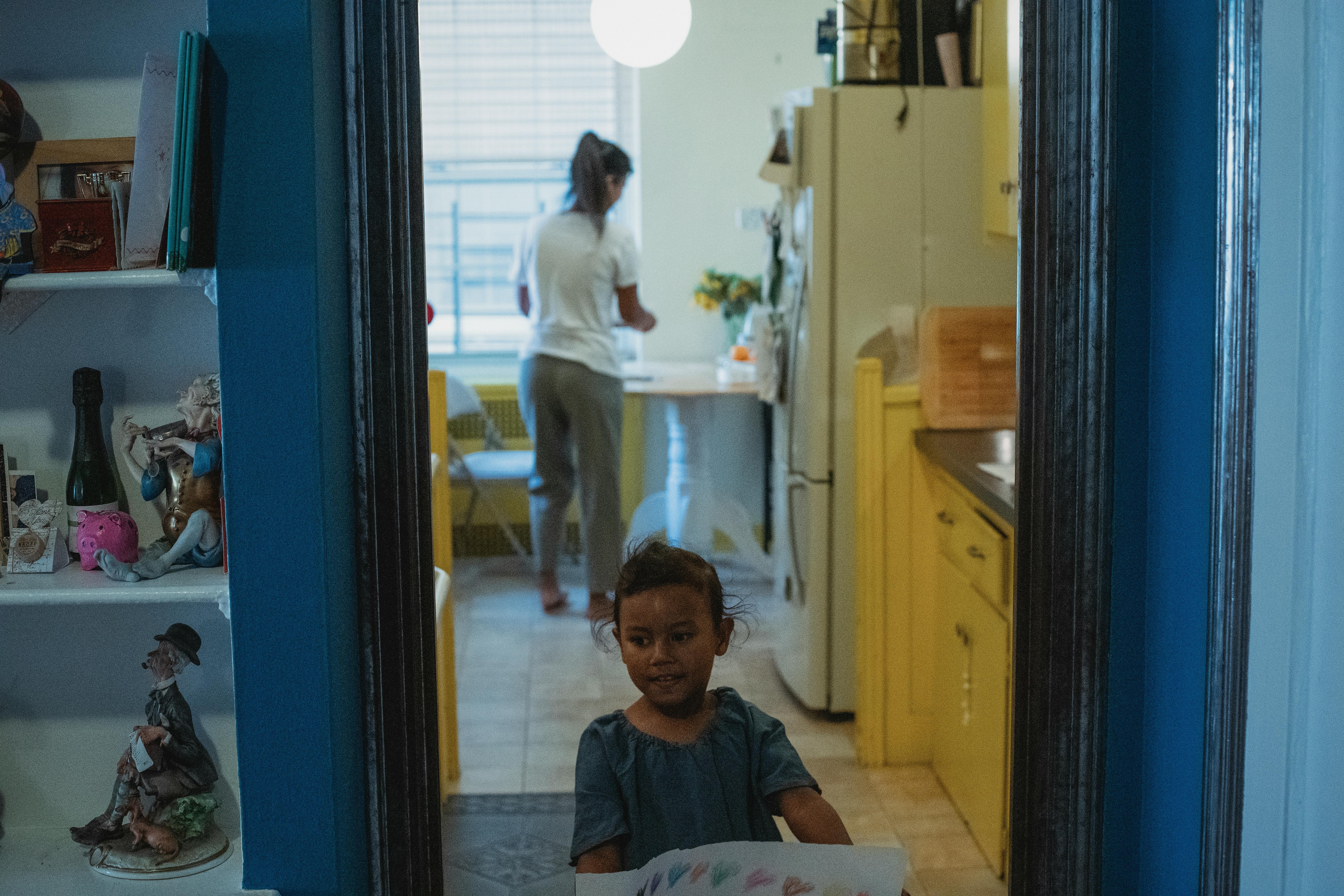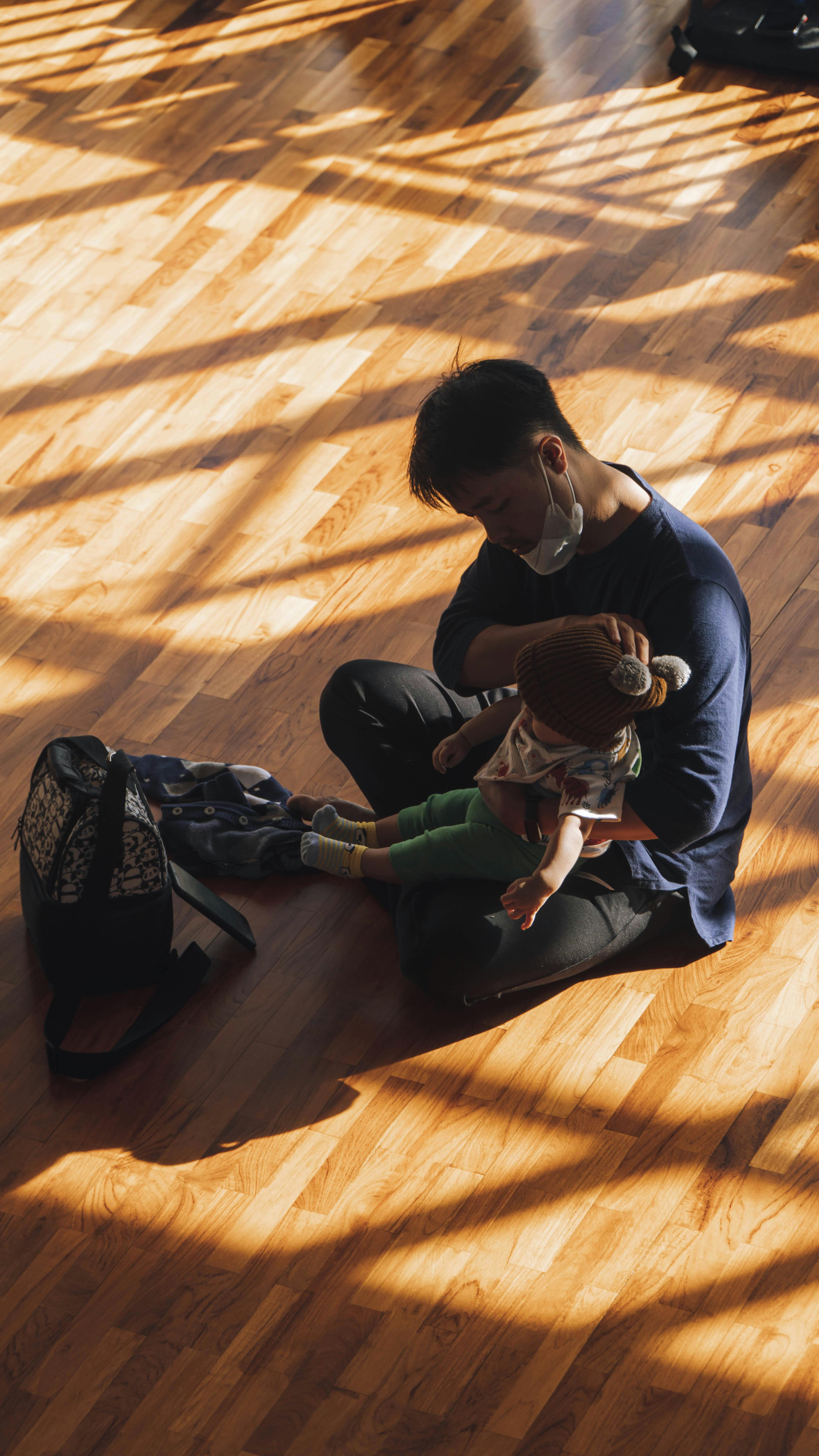Table of Contents
Establish clear communication with parents
One of the most important aspects of babysitting is establishing clear and open communication with the parents of the children you are watching. Before the parents leave, make sure to ask about any specific rules or routines that the children follow, such as bedtime or dietary restrictions. It’s also important to have a list of emergency contacts, including the parents’ contact information, as well as the contact information for a trusted neighbor or family member in case of an emergency.
On-Demand Childcare in Your Neighborhood
Book a Sitter
Know the emergency procedures
As a babysitter, it’s crucial to be prepared for any emergency situation that may arise. Make sure you know the address of the house you are babysitting at, as well as the location of the nearest hospital or urgent care facility. Familiarize yourself with the emergency procedures outlined by the parents, such as what to do in case of a fire or if a child becomes injured. It’s also a good idea to have a basic first aid kit on hand, which should include band-aids, antiseptic wipes, and any necessary medications for the children.
Supervise children at all times
One of the most important responsibilities of a babysitter is to supervise the children in their care at all times. This means never leaving the children alone, even for a few minutes, and always being aware of their whereabouts and activities. Make sure to have age-appropriate activities planned to keep the children entertained and engaged, and always be on the lookout for any potential hazards or dangers in the environment. If you need to step away for any reason, make sure to bring the children with you or ask another trusted adult to watch them in your absence.

Create a safe environment
Creating a safe environment for the children you are babysitting is essential to their well-being. Make sure to childproof the house by removing any potential hazards, such as sharp objects, small toys, or choking hazards. Keep all cleaning supplies and medications out of reach of children, and make sure that all doors and windows are securely locked.
It’s also important to establish clear boundaries with the children and enforce rules for safety, such as wearing helmets while riding bikes or staying away from the stove while cooking.
Know basic first aid techniques
Finally, every babysitter should have a basic knowledge of first aid techniques in case of an emergency. Make sure to familiarize yourself with how to perform CPR on children and infants, as well as how to treat minor injuries such as cuts, burns, or nosebleeds. It’s also important to know how to recognize the signs of a more serious medical condition, such as an allergic reaction or asthma attack, and how to respond appropriately. Taking a first aid and CPR course before babysitting can help you feel more confident and prepared to handle any emergency situation that may arise.
In conclusion, babysitting can be a fun and rewarding experience, but it also comes with a lot of responsibility. By following these top 10 safety tips, every babysitter can ensure a safe and enjoyable experience for both themselves and the children they are watching. Remember to establish clear communication with parents, know the emergency procedures, supervise children at all times, create a safe environment, and know basic first aid techniques to be prepared for any situation that may arise while babysitting.










